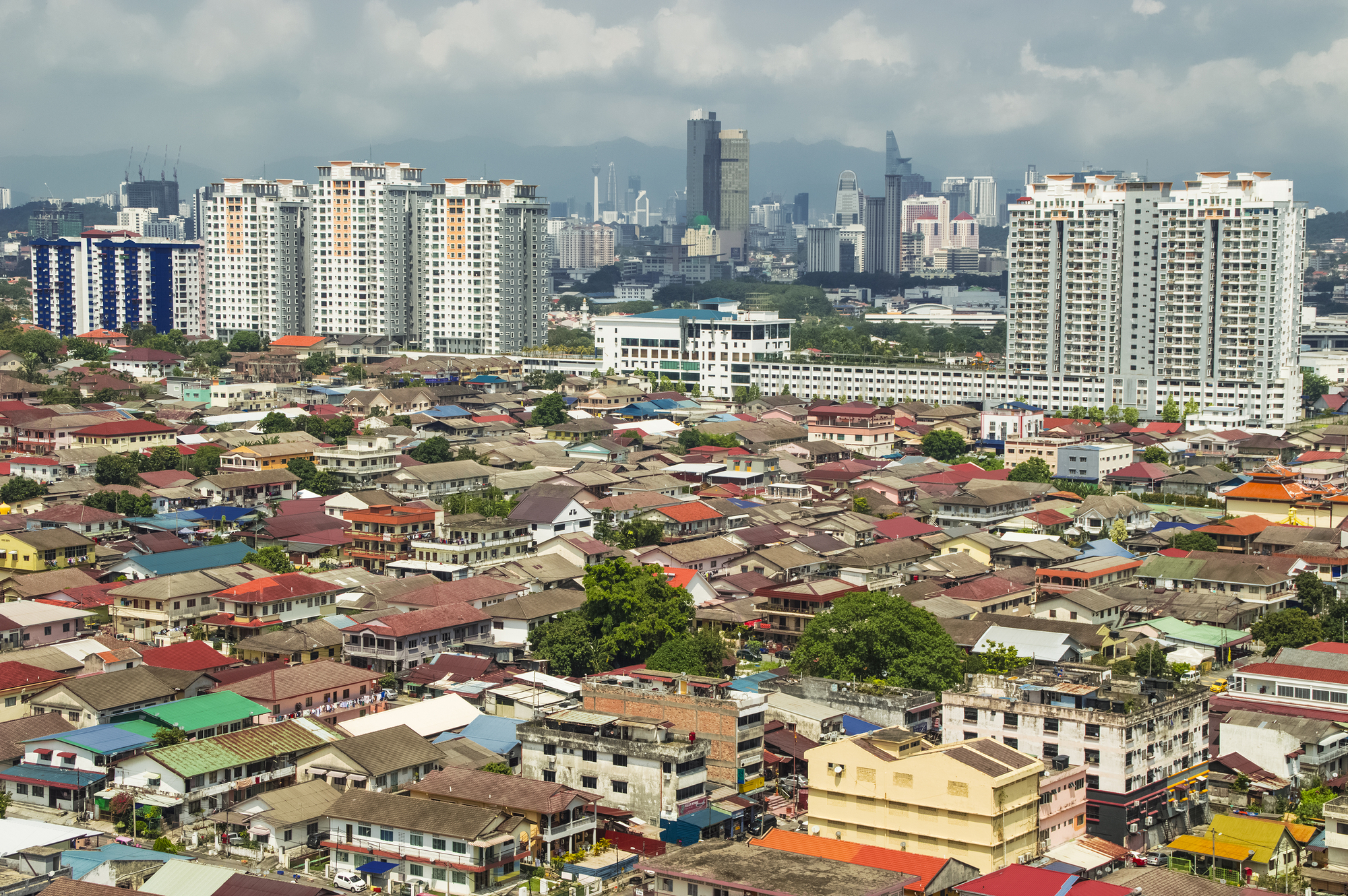Malaysian residential market showing signs of bottoming out but challenges remain for commercial sector in 2020, says Hartamas
Contact
Malaysian residential market showing signs of bottoming out but challenges remain for commercial sector in 2020, says Hartamas
Hartamas Real Estate Associate Director Christopher Chan has given his predictions for Malaysia's property market in 2020.
Residential sector:
The residential market appears to be bottoming out.
The property overhang that has made headline news is due to many factors, such as the mismatch of what the buyers are looking for versus what the property has to offer in terms of the built-up areas and property type, as well as the undesirable location of the properties.
Houses and condominiums that are located in good locations such as Petaling Jaya, Damansara Heights, Tam Tun Dr Ismail and Bangsar are still very much sought after as they are near to established amenities – shopping centres, good schools, hospitals and so on.
Affordable properties (those priced at RM 500,000 and below) are still very much in demand particularly for first time home buyers and the younger generation.
Data from the National Property Information Centre (NAPIC) indicates total residential property transactions rose 2.1 per cent year-on-year in the third quarter of 2019, led by properties priced between RM 150,000 and RM 200,000, which saw a 13% increase in value (year-on-year).
Residential properties priced between RM 250,000 and RM 300,000 saw their transaction value rise by 6 per cent year-on-year, while the transaction value of residential properties priced above RM 1 million declined 16 per cent year-on-year which means that there is now more demand for affordable properties.
The Budget 2020, which includes the amendment of the Acquisition Price for disposal of real property acquired prior to 1 Jan 2013 (from 1 January 2000), is set to lower the Real Property Tax payable by the vendor and, coupled with the exemptions from Budget 2019 on the stamp duty exemptions on Loan Agreement and Memorandum of Transfer (MOT) for residential homes priced RM 500,000 and below for first time home buyers, will augur well for the residential property market.
The low interest rate regime will continue to spur the buying of properties from buyers.
There is good news for foreigners as the threshold to purchase urban high-rise properties has been reduced from RM 1 mil to RM 600,000.
Many Hong Kong nationals are also showing interest in buying Malaysian properties following the prolonged anti-government protests in the city.
At the time of writing, we are waiting for guidelines from the authorities on this.

An aerial view of Petaling Jaya. Source: Depositphotos
Retail sector
Malaysia's retail landscape is expected to remain challenging in 2020.
New shopping centres and malls will continue to face pressure in a very challenging retail business environment, with operators needing to reinvent themselves in order to successfully face and overcome the challenges in this sector.
Building owners may have to think out of the box by converting some of the retail spaces into motels, education centres etc.
Office sector
The office sector will undoubtedly remain challenging in 2020, due to more office spaces coming on-stream and slowing demand.
Building owners need to think of creative ways to attract tenants, such as converting the office space into co-working space/ shared office space.
One of the major thrusts of Budget 2020 is to drive economic growth in this era of the fourth industrial revolution by making Malaysia the preferred investment destination.
The budget includes a proposal to offer customized incentives in order to attract the Fortune 500 companies and unicorns in Malaysia, especially in manufacturing, creative, high-tech and new economic sectors.
The investment packages go up to RM 1 Billion a year for 5 years for companies that invest at least RM 5 Billion in Malaysia.
This move will help support the Small Medium Enterprises (SMEs) and increase their economic activities by creating more than 150,000 highly skilled jobs over the next 5 years.
The government is also looking at accelerating the approval process for the MNCs and allocate customized incentives for the establishment of production and distribution centers, back offices and support offices.
This will augur well for the office sector.
Industrial sector
The industrial sector is expected to perform well due to the increased demand for warehousing and logistics facilities brought on by the e-commerce industry.
With the strong performance of the manufacturing sector and the e-commerce platform, the demand for industrial properties is set to grow in the year 2020.
However, the challenge has always been the insufficient supply of these properties to meet the growing demand.
Some good news for this sector can be seen from the government’s effort at promoting investments by formulating several initiatives.
For instance, attracting investors from China through InvestKL by setting up a ‘special channel’.
The ongoing US-China trade war has created an incredible opportunity for Malaysia to leverage its position as a preferred investment destination.
The government is also focusing on improving the ‘ease-of-doing-business’ in Malaysia further, by revamping the way businesses are established and providing tax incentives.
The government is also looking at improving the payment facilities at Port Klang (one of the world’s busiest container ports) along with the transportation infrastructure.
Similar to this:
The boom to come?: Malaysian agents are 'bullish' on 2020, says Juwai IQI Group






